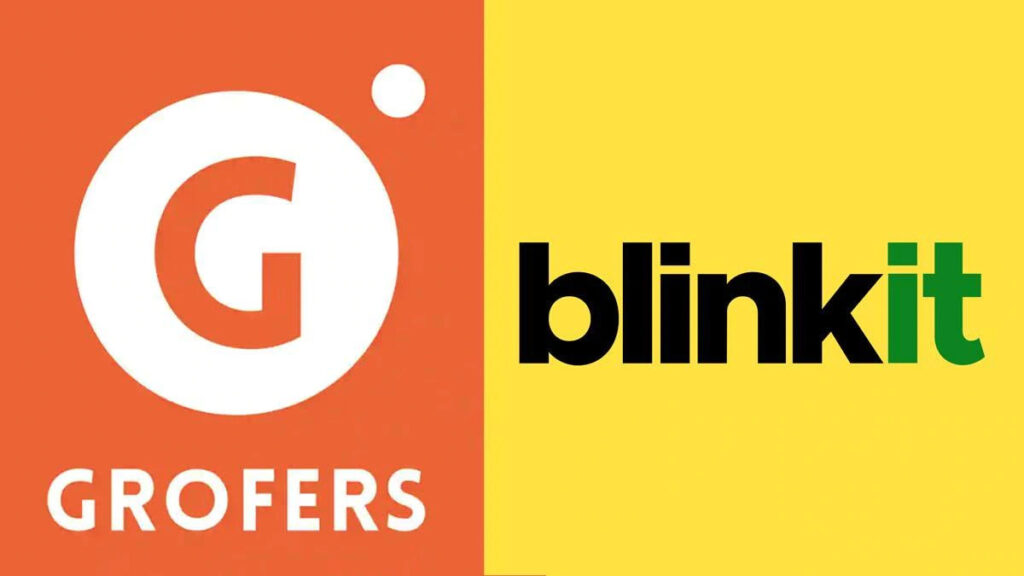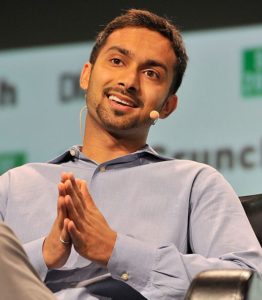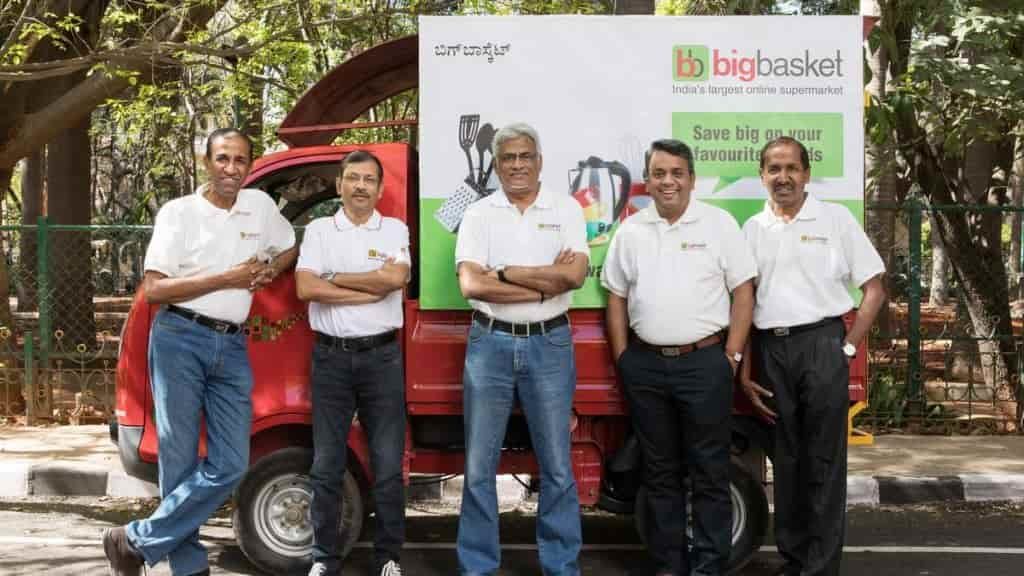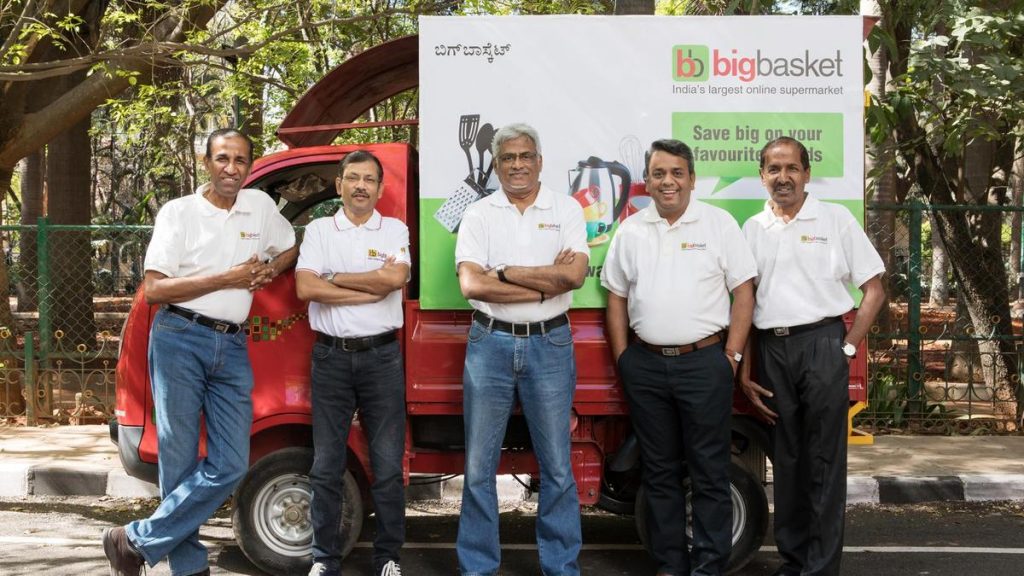Instacart Reveals IPO Filing, Disclosing PepsiCo Investment, Profitability
Headquartered in San Francisco PepsiCo has agreed to purchase a total of $175 million in chosen convertible shares from Instacart, which disclosed this in a secret filing with the Securities and Exchange Commission (SEC) of the United States for its IPO scheduled for May 2022.
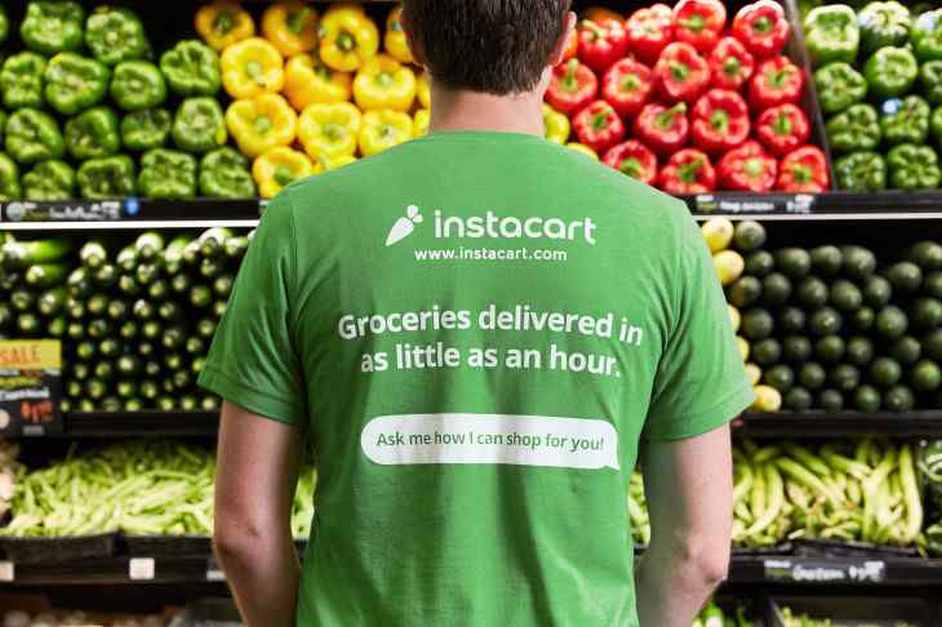
A number of venture capital companies Sequoia Capital, TCV, D1 Capital Partners, as well as Valiant Capital Management, together with a branch of Norges Bank called Norges Bank Investment Management, have all consented to take part in the IPO as cornerstone investors, according to Instacart.
Instacart’s sales for the six-month span that concluded on June 30 was 1.48 billion dollars, an increase of 31 percent over the comparable period in 2016. Revenue from advertising and other sources rose 24 percent to 406 million dollars. In contrast to a 74 million dollars loss a year earlier, it declared total sales of $242 million for the six months.
A few days following SoftBank Group-powered chip manufacturer Arm Holdings revealed the necessary documents for its initial public offering filing, Instacart announced plans to go public.
As part of an upsurge of well-known companies gauging investor interest in new stocks, Instacart is anticipated to issue its stock in September along with Arm, along with marketing automation company Klaviyo. Due to the Ukrainian crisis caused by Russia and the rise in interest rates, the marketplace for new listings has been restrained for the majority of the previous two years.
The listings, if successful, may revive the American initial public offering (IPO) market, which has begun to demonstrate signs of life this year thanks to betting that the U.S. Federal Reserve’s interest rate policy will help the country’s economy have a soft landing.
”I think we’re going to see more companies kick off their (IPO) process in 2024, which is when a healthy IPO market will return,” said Mike Bellin, IPO services leader at PricewaterhouseCoopers U.S.
cnbctv18.com
According to experts, the assertion that Instacart is profitable could assist it in winning over apprehensive IPO financiers who have shied away from listing unprofitable firms since last year.
Also Read: TechCrunch Select Omnisient as One of World’s Top 200 Game-Changing Startups
“Instacart is entering the public markets at a time of cautious enthusiasm,” said Alex Frederick, an analyst at PitchBook. “Despite facing challenges in sustaining order volume since the pandemic peak, Instacart’s strategic moves, including the introduction of food-stamp payments and the Instacart+ membership program, have propelled its success.”
ttnews.com

I am a student pursuing my bachelor’s in information technology. I have a interest in writing so, I am working a freelance content writer because I enjoy writing. I also write poetries. I believe in the quote by anne frank “paper has more patience than person
